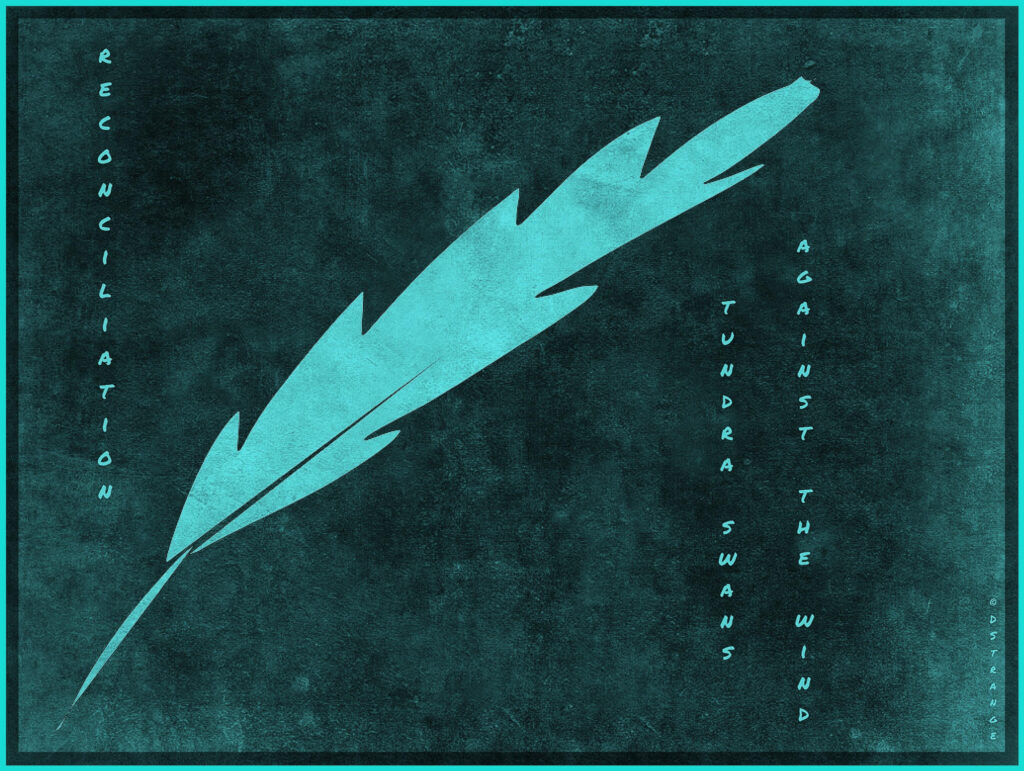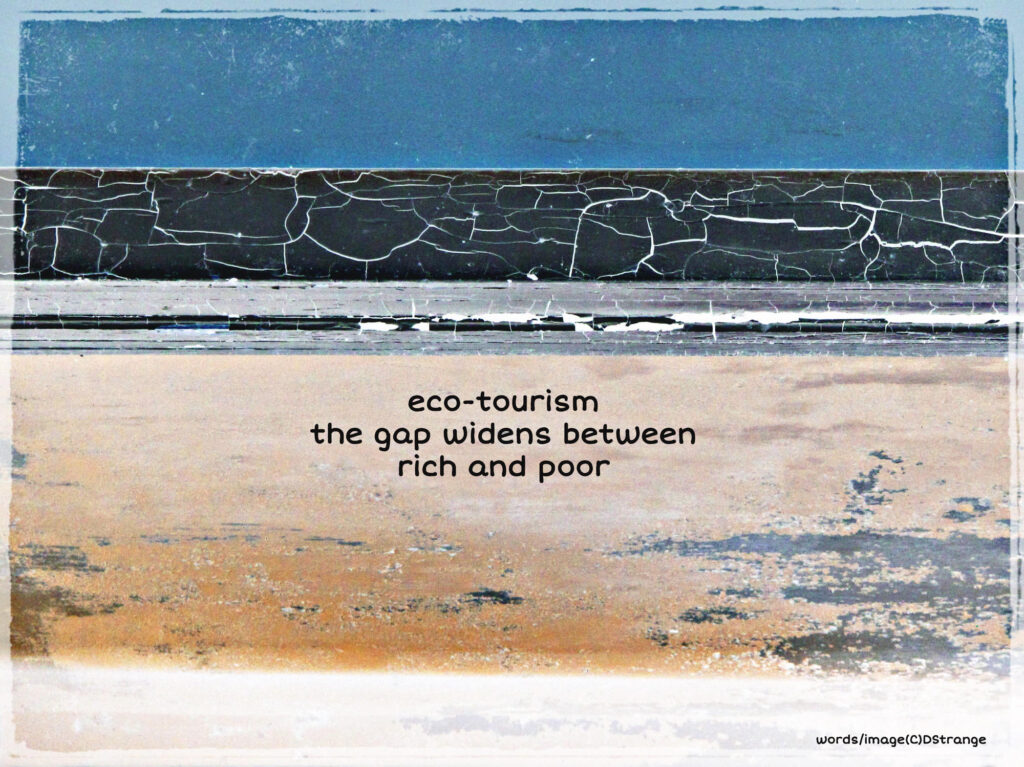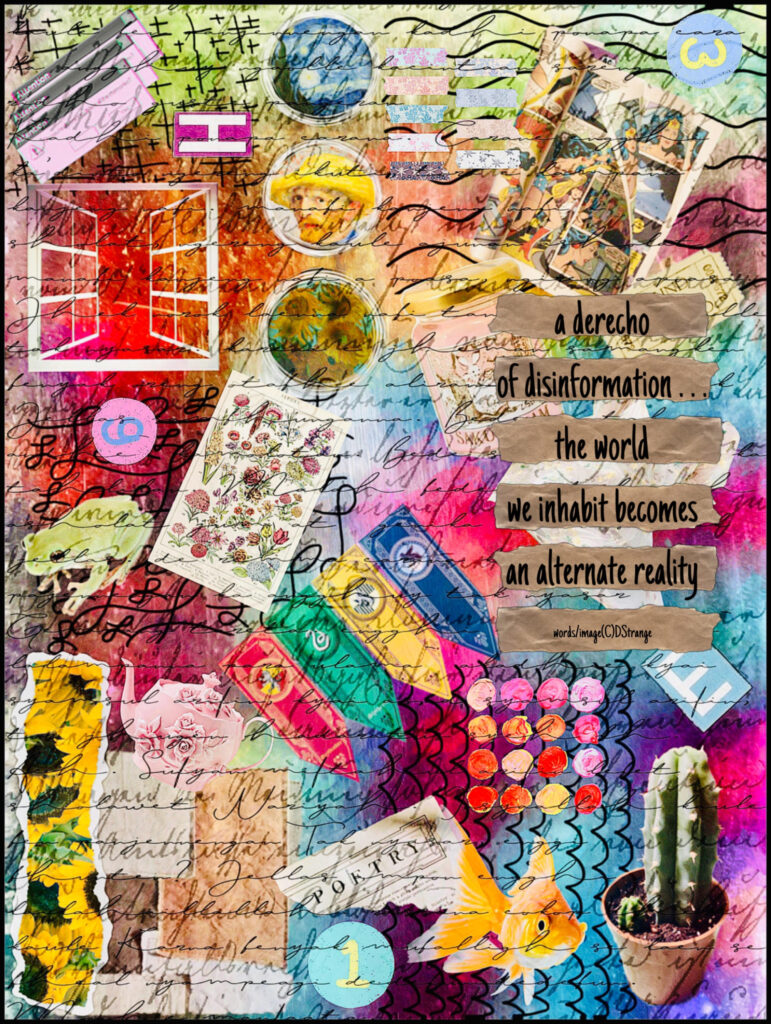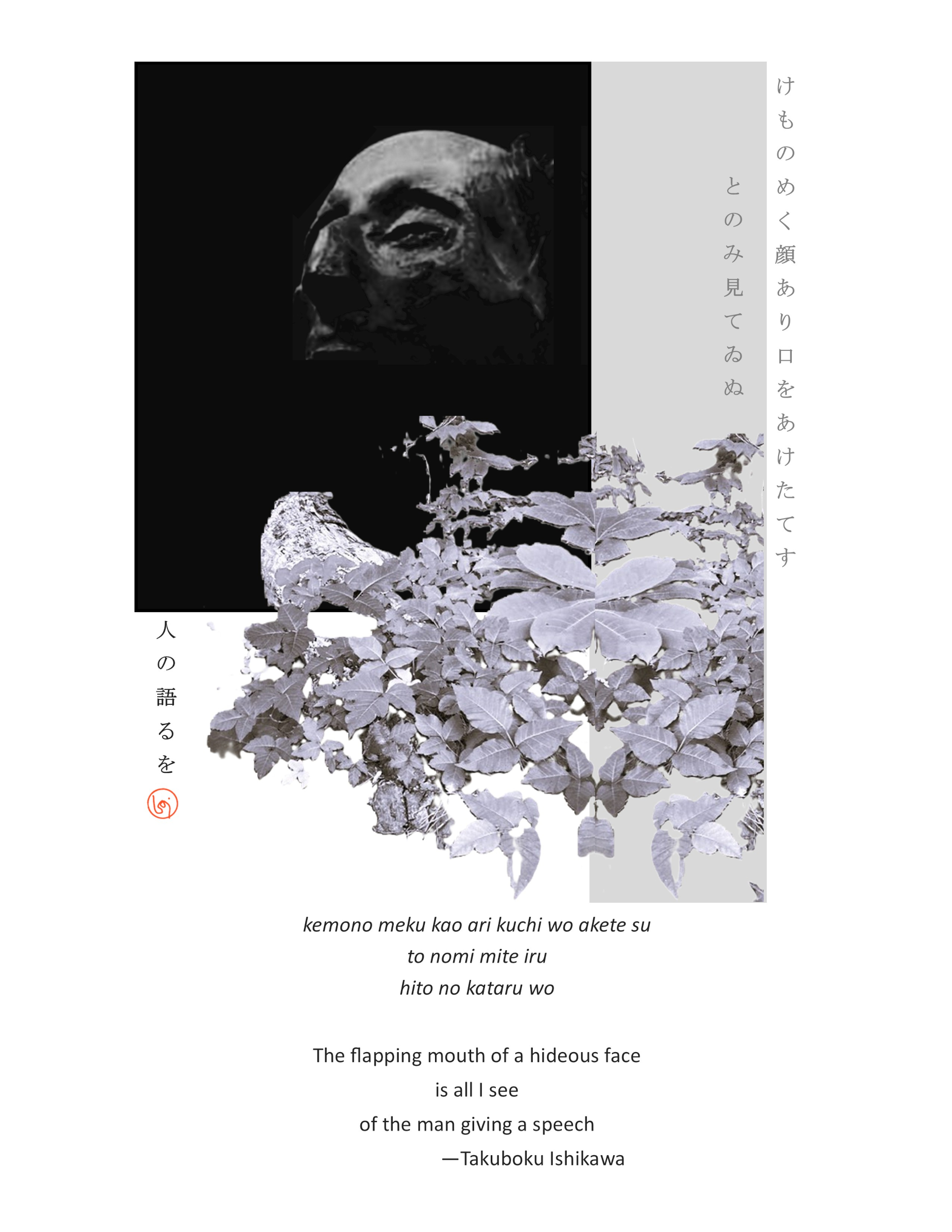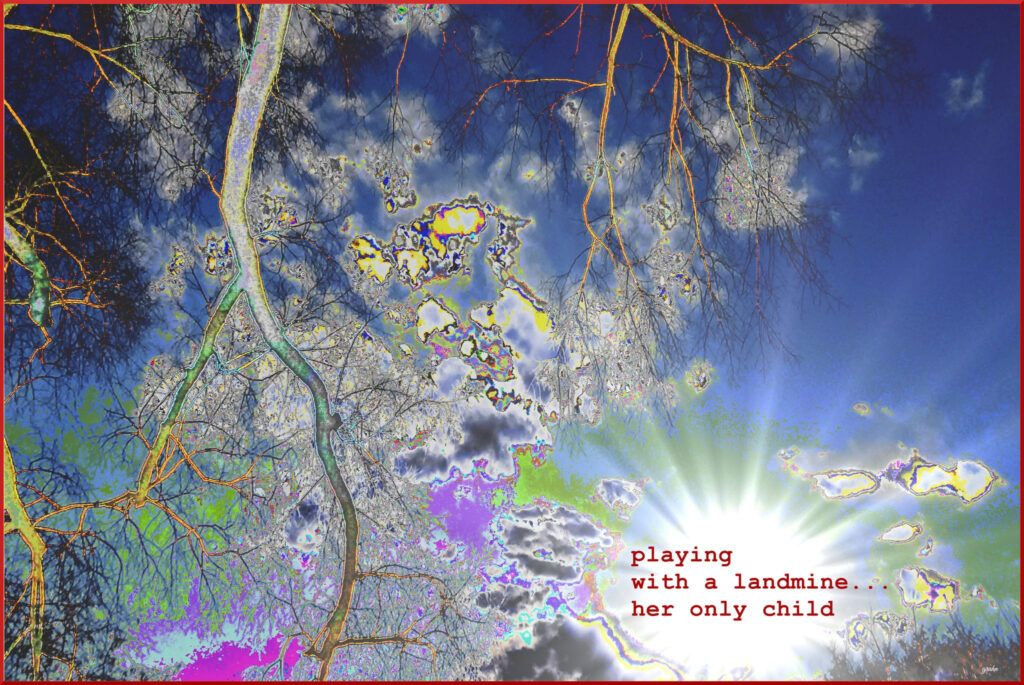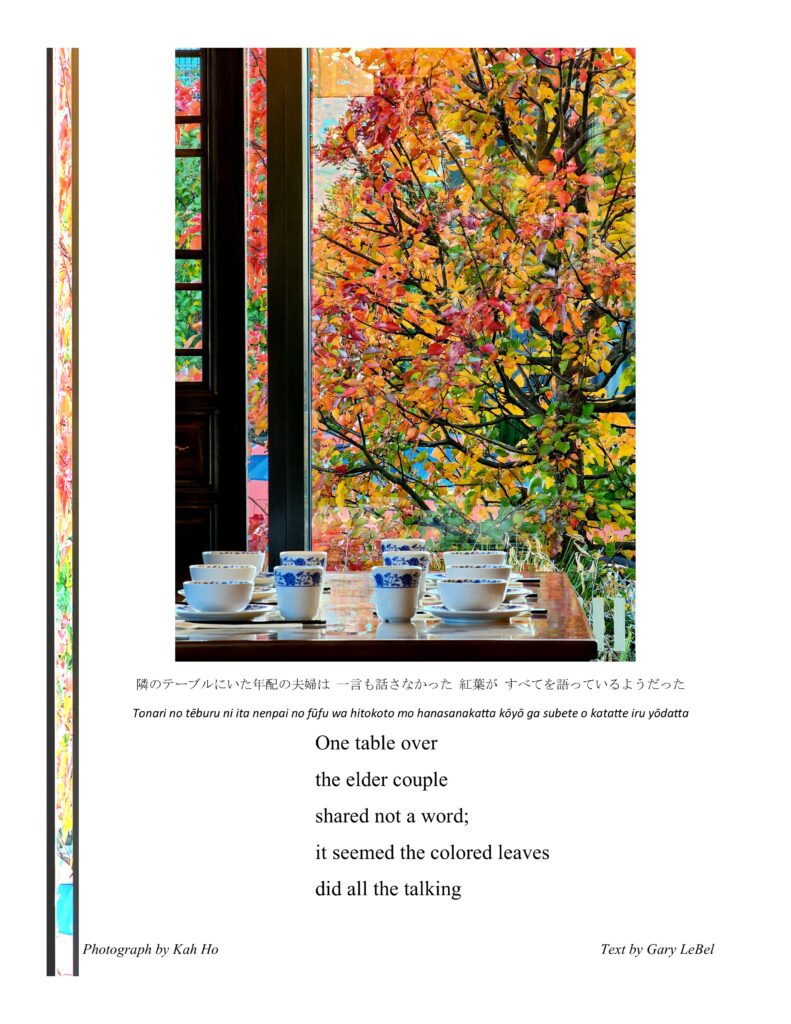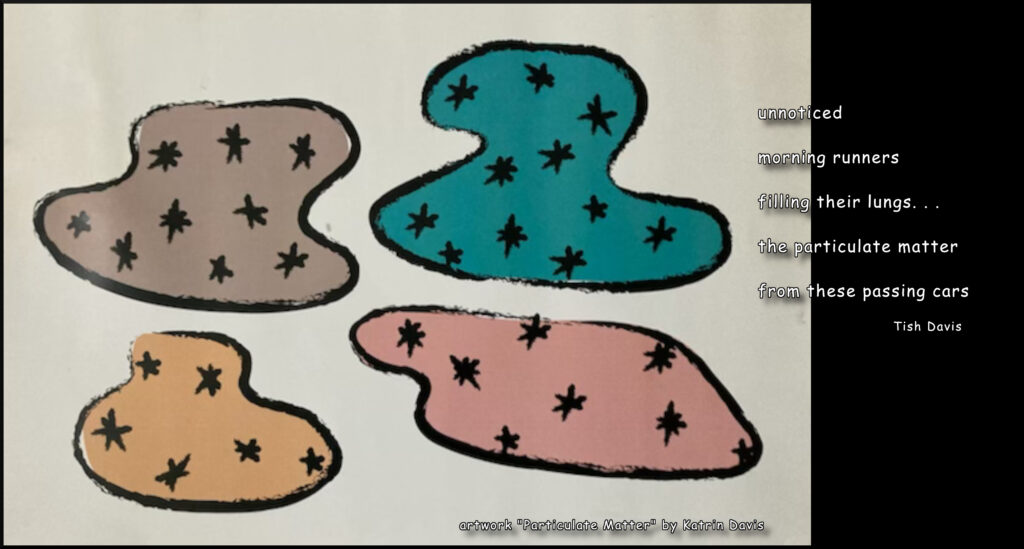Exponential
By Richard Grahn
Evanston, Illinois USA
My muse has seduced me again.
You’re the Writer. You’re the only one who can write it. It’s your responsibility to write it—your duty!
So, here I sit, fingers massaging keys that whisper letters and words—whispers spun into sentences, woven into paragraphs, loved into poems.
bearing gifts
for a barren hillside—
one sprouting seed
swaddled in sheets
of rain
